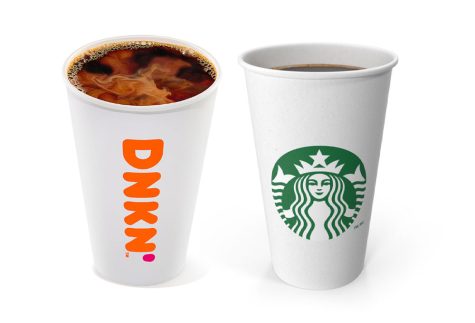Beware of Claims of Magical Instant Weight Loss
You have probably heard of ridiculous diets that claim to promote instant weight loss, also known as “fad diets.” False advertising claims of the availability of seemingly magic pills and supplements have contributed to this dangerous health trend. These diets promise to shed you pounds in no time, however, they lack scientific research and can cause detrimental health issues.
Dieting and fitness have become increasingly in vogue nowadays. But the problem is sometimes people want to lose a year’s worth of weight in one week. More than 50 billion dollars are spent on diet products yearly. A desire to look as perfect as the models portrayed on the front covers of our magazines has spiked serious body image problems. There is intense competition to look the best in both men and women, whether it be looking the thinnest or the most built.
When people think of eating disorders, anorexia, bulimia and binge eating usually come to mind. Fad diets and senseless eating trends have become a gateway to some of these obsessive disorders and can lead to serious consequences.
Fad diets are difficult to maintain and fail to provide the body with the proper nutrients it needs for growth and health. They are known to be a “quick fix” and any weight loss is usually regained. People who follow these diets usually fall into weight cycling, the repeated pattern of lost and regained weight.
The five-bite diet is one of the most absurd fad diets there is. The idea is to eat whatever you want for lunch and dinner, skipping breakfast, but only five bites of it. Even if large bites are taken, a mere 900 to 1,000 calories are consumed a day. The average woman needs to eat about 2,000 calories a day, and 2,500 for the average man.
Similarly, the grapefruit diet is based on the claim that the fruit has a fat burning enzyme and can eliminate 10+ pounds in 12 days, limiting dieters to 800 to 1,000 calories per day. The focus of all meals is on grapefruit or grapefruit juice, suggesting that when eaten with foods high in dietary fat, such as meat and eggs, the body will burn fat.
The bottom line is that slow, steady, and healthy weight loss is the most effective strategy for long-lasting results. A heart-healthy diet is one that is high in fruits, vegetables, whole grains and legumes. Research says a heart-healthy diet may also advise limited amounts of lean meat, fish, low-fat and nonfat dairy products, and liquid vegetables oils. People should avoid saturated, trans and solid fats; sodium; added sugars; and refined grains.













